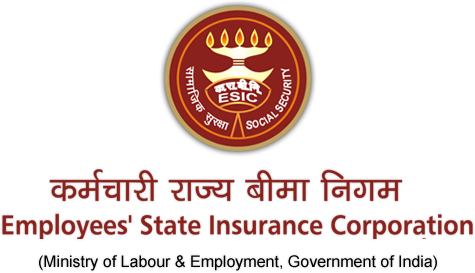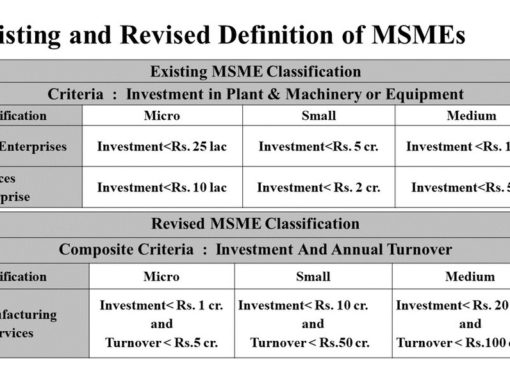INTRODUCTION:
Employees State Insurance (ESI) is a social insurance and self-financing scheme that protects the interest of workers in eventuality such as sickness, maternity, temporary or permanent physical disablement, death due to employment injury resulting in loss of wages or earning capacity. It is governed by Employees’ State Insurance Act, 1948. This act provides need based care to workers and their dependents. It is managed by Employees’ State Insurance Corporation (ESIC) under the Ministry of Labour and Employment.
DOCUMENTS REQUIRED FOR ESI:
- A registration certificate or a license obtained under Shops and Establishment Act or Factories Act
- Memorandum and Articles of Association, or partnership deed or trust deed, based on the type of entity
- Certificate of registration for all entities and commencement of production for factories
- A list of employees with their monthly compensation, in detail
- A list of directors, partners and shareholders of the company
- The PAN card of the business and address proof of the establishment/firm
- Bank statements of the organization, with evidence of commencement of operation
FEES:
There is NO Registration fees applicable for Employees’ State Insurance Scheme.
TIME DURATION:
The entire process takes about 30 days.
PROCESS OF REGISTRATION:
- Once the documents are ready, the company can apply for registration by submitting the Employer’s Registration Form (Form-1).
- A PDF format of the form is available on the website. Fill in the form and submit it to ESIC for registration on the official website.
- Once verified, a registration number, a 17-digit unique identity will be provided to the organization. The ESI filings can be done once you receive the 17-digit number (code number).
- Employees registered under the scheme get an ESI card after submitting a form with photographs and details of family members.
- Although the registration is permanent, and the number is valid for the lifetime of the company, any new changes, such as employee additions, need to be intimated to the ESI.
BENEFITS:
ESI provides six social security benefits:
- Medical Benefit – Full medical care is provided to an Insured person and his family members from the day he enters insurable employment. There is no ceiling on expenditure on the treatment of an Insured Person or his family member. Medical care is also provided to retired and permanently disabled insured persons and their spouses on payment of a token annual premium of Rs.120/- .
- Sickness Benefit – Sickness Benefit in the form of cash compensation at the rate of 70 per cent of wages is payable to insured workers during the periods of certified sickness for a maximum of 91 days in a year. In order to qualify for sickness benefit the insured worker is required to contribute for 78 days in a contribution period of 6 months.
- Maternity Benefit – Maternity Benefit for confinement/pregnancy is payable for three months, which is extendable by further one month on medical advice at the rate of full wage subject to contribution for 70 days in the preceding year.
- Disablement Benefit:
- Temporary disablement benefit (TDB) – From day one of entering insurable employment & irrespective of having paid any contribution in case of employment injury. Temporary Disablement Benefit at the rate of 90% of wage is payable so long as disability continues.
- Permanent disablement benefit (PDB) – The benefit is paid at the rate of 90% of wage in the form of monthly payment depending upon the extent of loss of earning capacity as certified by a Medical Board.
- Dependents’ Benefit (DB) – DB paid at the rate of 90% of wage in the form of monthly payment to the dependents of a deceased Insured person in cases where death occurs due to employment injury or occupational hazards.
- Other benefits:
- Funeral Expenses – An amount of Rs.10,000/- is payable to the dependents or to the person who performs last rites from day one of entering insurable employment.
- Confinement Expenses – An Insured Women or an I.P.in respect of his wife in case confinement occurs at a place where necessary medical facilities under ESI Scheme are not available.




Comment here